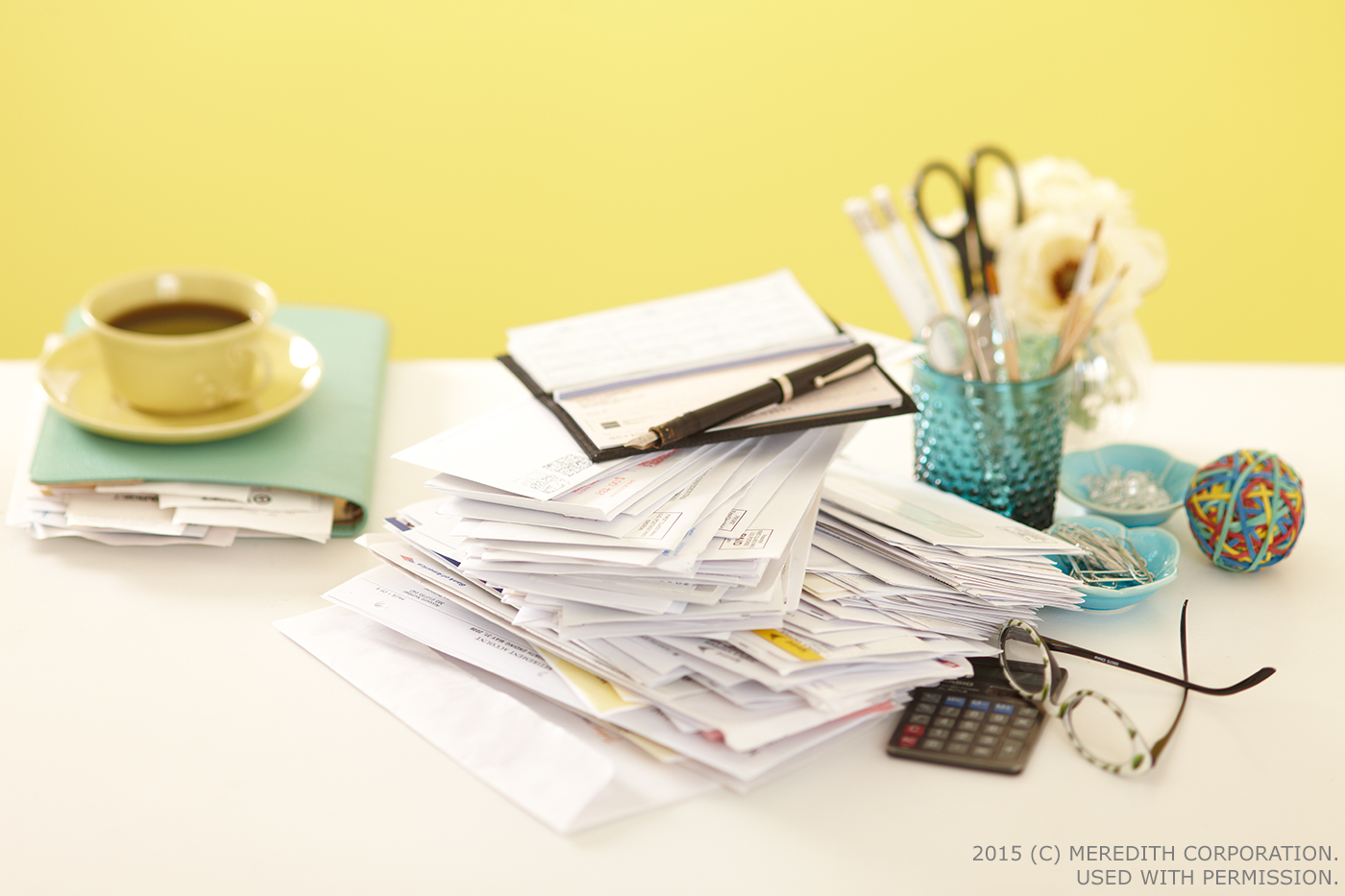Keeping your home in tip-top shape—whether you’re new homeowners or preparing to sell your current home—means being prepared for both routine and unexpected repairs. Don’t be caught without enough money in the bank to cover your home’s needs. Use this guide to help budget for important home-maintenance costs.
By Kathy Barnes
It’s a good idea for homeowners to save some money each year for maintenance costs—but how much? Budgeting for home repairs can be a difficult guessing game. A brand-new home will require far less upkeep than a 100-year-old home. Routine expenses are easier to account for than unexpected repairs, of course, but you can calculate some general numbers with a little planning.
In the first few years of owning a home, you don’t have previous years’ spending on which to base expenses. In that case, set a baseline for your maintenance savings by figuring 1.5 to 4 percent of the home’s original costs, a recommendation from Coldwell Banker Real Estate. Use the lesser percentage for newer homes and plan on the higher amount for older homes, which generally have more upkeep issues. As you track your repair costs over the years, you can eventually generate a house-specific forecast for expenses.

Budgeting for lawn care, a furnace check or other regular expenses is easy. You know what it’s going to cost each year and there’s no surprise. But what happens when drywall gets damaged or some tile is chipped? If you hire contractors for surprise repairs, they will give a free estimate of what the work will cost to help you with budgeting. But what if you are handy (or the project is small) and you want to tackle the work yourself? Or perhaps you want to determine the potential savings of doing it yourself versus hiring a professional? Calculating the costs is a smart step in planning a DIY project.
The first step is to make a list of all the supplies you’ll need to buy (no need to factor in those items you already own). Don’t forget items needed to prep or clean up before and after the project. Head to the hardware store or do some online searching to get prices for all of the items on your list. When creating this basic estimate, add a cushion of 10-20 percent to your final tally for unforeseen problems.
If you want to double-check your estimate to make sure it is not wildly off base, search online for home-repair calculators. These systems offer basic cost guidelines for many common home repairs. The pricing is based on national averages, of course, so it’s still wise to create your own estimate and simply use the calculator to determine if you are on the right track or if you are missing anything from your list.
Adapted from Better Homes & Gardens. Used with permission. © Meredith Corporation. http://www.meredith.com. All rights reserved.


